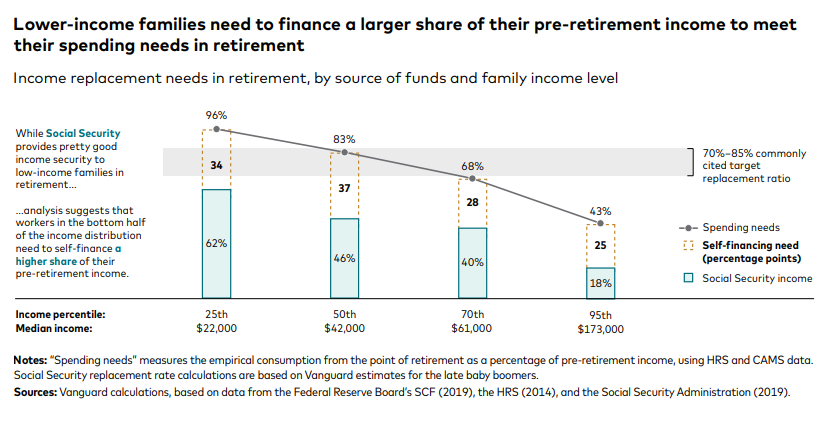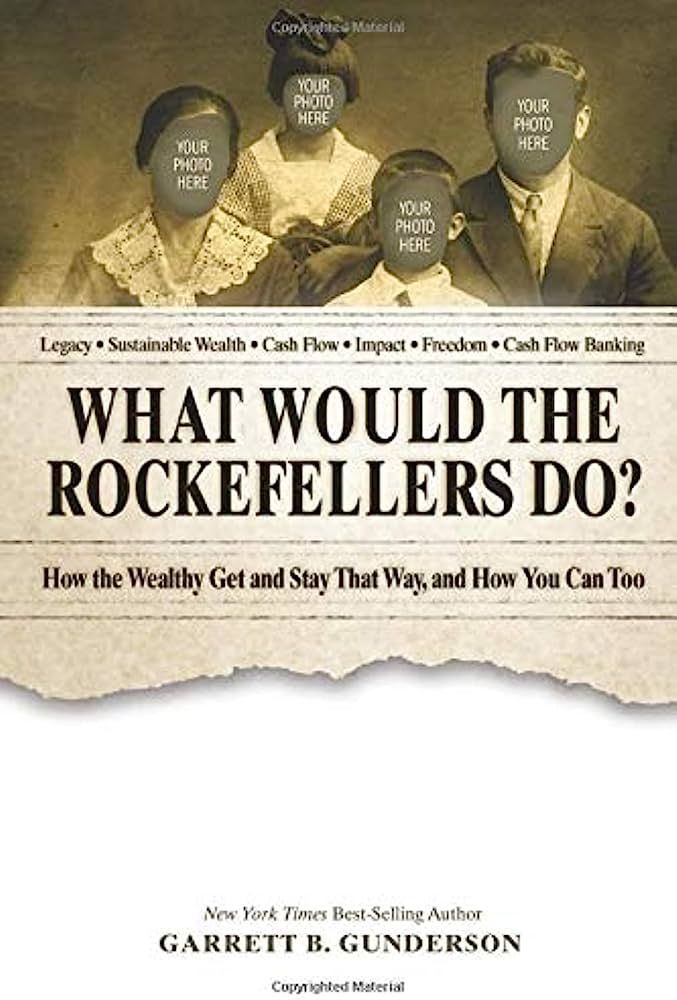Don't Leave Your Future Up To Fate

One of the biggest impacts on whether you will live out your years comfortably or end up homeless on the street is risk management. If you leave managing risk to fate and don’t take steps to avoid or offset it, an unforeseen change in your circumstances can be disastrous. Be pragmatic in managing your risks.
Imagine what would happen if you were suddenly unable to work, you lost your income earning ability?
What if you were to be diagnosed with cancer or some other major illness?
What if your house burned down?
Or even worse if you or your partner were killed in an accident.
What would life look like for those left behind? Where would the household income come from?
What would the standard of living be like for those left behind?
Could they even keep the house?
Most people don’t like to think about any of these things happening so when they do, it comes as a big shock and their comfortable life all of a sudden becomes very different. Unfortunately, it happens to more people than we like to think about.
In the US one in two women and one in three men will develop cancer within their lifetime.
Half of these cancers are diagnosed in the prime of our lives, either before or during our working years.
And looking at deaths in relation to mortgages, the statistics show than on average one in every 10 people who take out a mortgage in their 30’s will die before they finish paying it off. In your 40’s it's one in five who will not live to pay off their home.
So What Can We Do To Protect Ourselves From Loss?
The definition of insurance is to indemnify yourself against risk. You can do this via self-insurance, for example by having sufficient savings to cover all needed expenses, or you can pass the risk to someone else – for example an insurance company.
Self-Insure with Short Term Savings
Step one is to make sure your budget includes a short-term savings plan. When creating your household or personal budget I recommend working up to setting aside up to 10% of your after-tax income each month into a short-term savings fund. Ideally you want to make sure this fund always includes at least 6 months of income, in the case that you lost your job, suffer a major accident or something else that prevents you from earning income. Once you have at least 6 months of salary tucked away you can use the excess to fund things like property or business investments, to grow money.
Protect Yourself From Disaster With Insurance
For protection of larger assets and against bigger catastrophes, outsourcing to an insurance company may be preferable. You know of car and health insurance, but did you know about mortgage protection insurance?
For most people their largest asset is their home. Mortgage protection insurance can mean the difference between keeping and losing your home should something happen to the income source that is paying the mortgage. I’ve seen it happen far too often where a death results in mortgage payments that could no longer be made. The bank then forecloses and takes the house, leaving the surviving family out on the street.
There are insurances for death and/or disability and critical or chronic illness that can provide you with cash to cover medical costs and expenses should you need. There are also extremely cost effective insurances to cover yourself for cancer, heart attack and/or stroke. These are especially helpful if you have a family history of cancer or heart disease.
There are business insurances that will buy out the shares of your business partner/s should something happen to them. Now there are even investments with built in insurance that will protect your investments from downturns in the stock market.
Use Life Insurance Like the Rich
The rich use many different types of insurance to make sure they are always financially protected. The wealthy are big users of life insurance. They use it to protect their wealth and to grow and leave estates to their heirs.
Besides the fact that whole life policies provide benefits to those left behind if you pass away, many new types of life insurance policies include living benefits, such as moneys payable for disability, chronic illness or lump sums in the case you are diagnosed with a terminal illness or cancer. Plus there are the new types of life insurance investment universal life policies that provide tax free growth and tax-free income benefits – these are my favorite secret of the wealthy.
The most important thing to remember however is to make sure that when disaster strikes - and it will in some shape or form - that you are protected. Did you know that an estimated 50% of bankruptcies are caused by illness or medical debt? Don't let yourself become a statistic.
If you are interested to learn about the different insurance options that can protect you? Reach out for a chat with me here.






